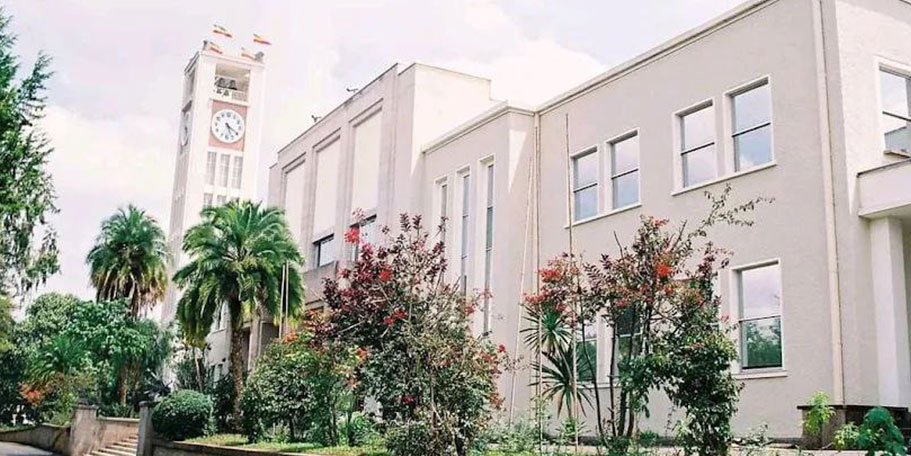
Torture among acceptable interrogation techniques
The Ethiopian Parliament approved a draft law aimed at combating the financing of terrorism and the concealment of property obtained through criminal means. However, the legislation has sparked widespread debate and concern among lawmakers, civil society groups, and international observers.
The new law, endorsed during a session held on June 17th, grants authorities broad powers to interrogate suspects using all available methods, excluding killing.
Critics argue that this provision could be used as a tool to suppress dissent and silence civil society. Many fear the law will be weaponized against political opponents, rights groups, journalists, businesspeople, and other segments of society.
One of the most contentious aspects of the draft is its retrospective applicability, allowing cases to be investigated as far back as 10 years. This clause ignited heated debate in Parliament, with opponents questioning its fairness and potential for misuse.
– Advertisement –
A Member of Parliament from the opposition expressed concern that the law could be exploited by the executive branch to restrict fundamental rights. He pointed out that, in Ethiopia, individuals often do not maintain thorough records of their activities, making them vulnerable to arbitrary accusations and investigations.
Desalegn Chane (PhD), an MP representing the National Movement of Amhara (NAMA), warned that previous anti-terror laws had been used to suppress dissenting voices. He called it “terrifying” that under the new legislation, interrogators would be shielded from criminal liability for any actions taken during interrogations, as long as they did not result in death.
International scholars have also weighed in referencing empirical studies showing that torture is not only ethically indefensible but also largely ineffective as a method of interrogation. While the United Nations Charter does not explicitly mention torture, the 1984 UN Convention Against Torture and Other Cruel, Inhuman or Degrading Treatment or Punishment explicitly prohibits such practices and provides a legal framework for their prevention.
Another MP highlighted that over USD 29 billion had previously been identified as having left the country through illicit channels, yet efforts to recover the funds had been minimal.
Despite these concerns, Issa Boru, deputy chair of the Legal and Justice Affairs Standing Committee of the House of People’s Representatives, downplayed the criticisms. He insisted the bill was not intended to target any specific group or individuals.
.
.
.
#Parliament #Green #Lights #Controversial #Law
Source link











